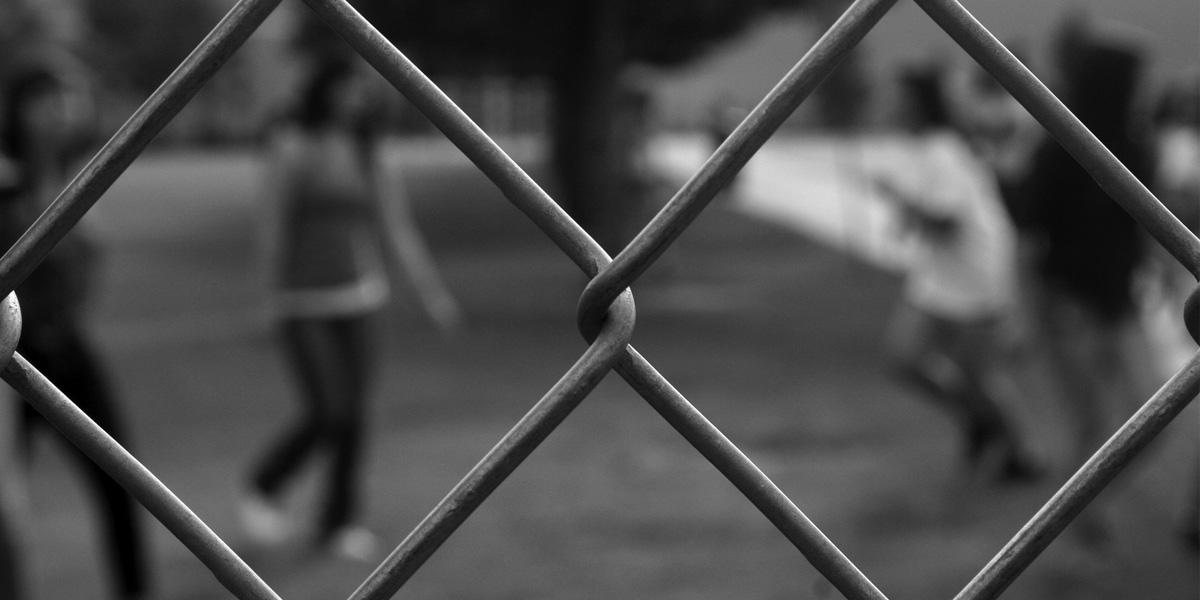Grammar schools are broken, and I should know
Last week, John Major, ex-prime minister and former grammar school pupil, expressed his shock and dismay at the way in which ‘every sphere of modern public life’ is now dominated by ‘a private school elite and well-heeled middle class’. Major was...
Last week, John Major, ex-prime minister and former grammar school pupil, expressed his shock and dismay at the way in which ‘every sphere of modern public life’ is now dominated by ‘a private school elite and well-heeled middle class’. Major was right to feel anxious about such middle class dominance. He was wrong to lay the blame for what he perceived as a decline in social mobility – in part – on the ‘abolition’ of grammar schools.
The grammar school system is harsh, unfair, and cruel, and I should know – I attended two grammar schools in Buckinghamshire, before moving to a non-selective state school for sixth form and I can attest first-hand to the destructive effect of selective schools. As one of six siblings who attended a variety of schools in the Buckinghamshire area, I’ve seen it get harder and harder for my brothers and sisters to compete with others who have been tutored for years. My view is that the system is not just letting children down academically, but socially too.
The age old criticisms levelled at the grammar school system such as their socially divisive nature, capacity to compound social disadvantage, and the impact of failure on children not selected are all very real.
One of my grammar schools was adjacent to the local comprehensive school. We shared the same pitch of grass for a sports field until a metal fence was erected to delineate where one school ended and the other began. Grammar school sports teams only played against each other and school parties were held for grammar school boys and girls only. The two-tier system imposed by selective schools was, and still is, pernicious. Six years after being tested, I remember my sixth form colleagues talking about their disappointment at failing the eleven plus. Throughout my academic experience there was a perception that grammar school students were smarter, both academically and socially.
But the system is flawed. Research undertaken by the Sutton Trust confirms that grammar school heads are well aware of the practice of affluent parents paying to tutor their children through the eleven plus, a practice borne out by the fact that the amount of children eligible for free school meals at these schools is significantly below the local average. Some parents will even move house to be in grammar school catchment areas.
Major went on to insist that our education system ‘should help children out of the circumstances’ they are born into, instead of locking them in. The fact that middle class parents pay through tutoring for their children’s entrance into grammar schools demonstrates the clear inability of the selective school system to fulfil Major’s ideal. Rather than promoting social mobility, grammar schools ultimately operate in a similar way to public schools, by making entrance (indirectly) contingent on financial means. In this way, they perpetuate and deepen social inequality.
Wishing to offset this, the Sutton Trust has recommended that primary schools provide pupils with a minimum of ten hours test preparation for the eleven plus at a free or subsidised cost, in a bid to level the playing field. This solution is inadequate; parents with means will simply supplement this with extra tuition.
Far better is John Harris’s solution. Writing in the Guardian, he called for the return of orthodox comprehensives as the best way to narrow the ‘class-based attainment gaps’, citing a report submitted to the British Educational Research Association which revealed that segregation by poverty is lowest in areas with fewer independent and selective schools. If the moral arguments against segregating children are not enough to topple grammar schools, then worse academic results overall ought to be.
Under the guise of meritocracy, the grammar school system is letting us down by allowing children with wealthy parents to get a much better start. Major should be as appalled by the presence of grammar schools as he is by the ubiquity of the privately schooled elite. The grammar school model is broken – and it’s got to go.
